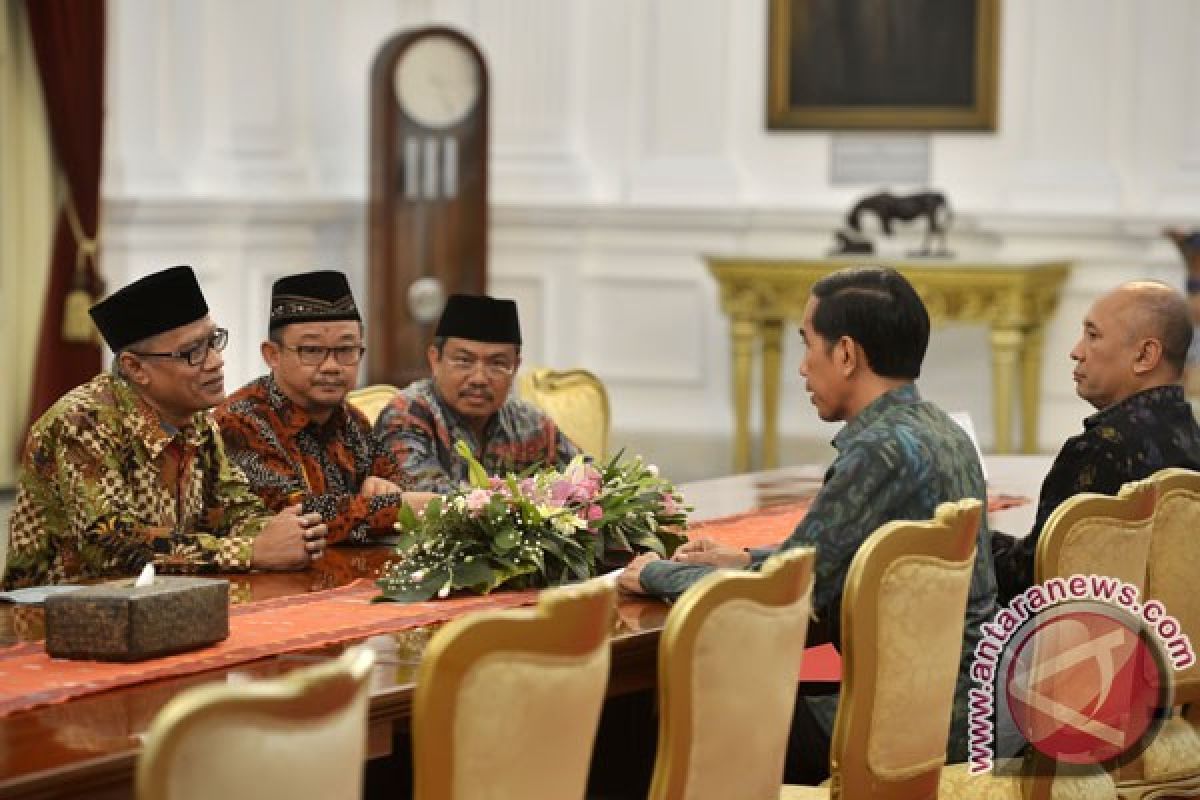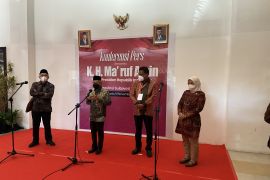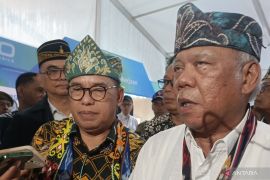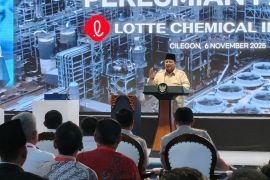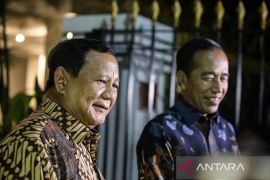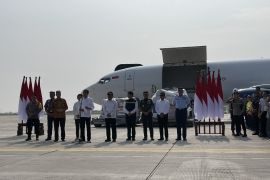Recent disclosures of activities linked to terrorism on university campuses had caused worries.
"Indeed radicalism did not emerge suddenly. It took a long process," he said when asked about the issue during a visit to Majasari village in Indramayu, West Java.
According to the President, as quoted by the presidential secretariat`s deputy for protocol, press and media, Bey Machmudin, in a written statement, deradicalisation efforts had so far been done by the government through the BNPT (the national counter-terrorism agency) and military or police actions.
The President expressed the hope that community elements and religious organisations would also get involved in deradicalisation efforts. He said MUI (Indonesia Ulemas Council), Nahdlatul Ulama and Muhammadiyah must also participate. He emphasized the importance of such efforts saying the number of people involved in radicalism had increased to an alarming level.
Jokowi said the ministry of research and technology and high learning institutes was still studying whether a special regulation would be needed to deal with the trend. "It is still being studied. But if it is really needed we will make it."
Prevention and eradication of radicalism on campuses was not connected with academic freedom or association, the President said. "They are not related. It is about the existence of the state," he said.
Reporter: Agus Salim
Editor: Andi Abdussalam
Copyright © ANTARA 2018
